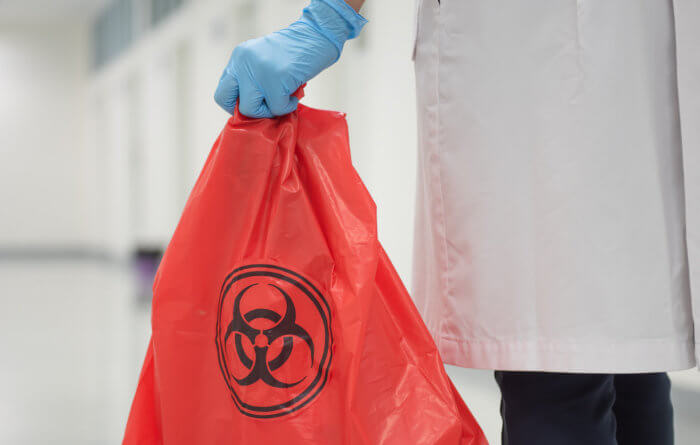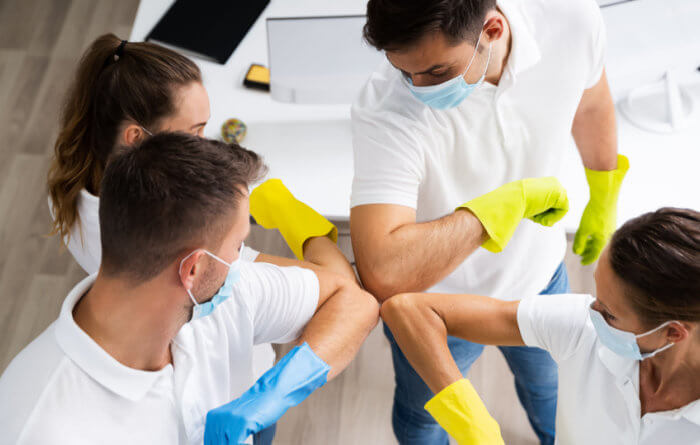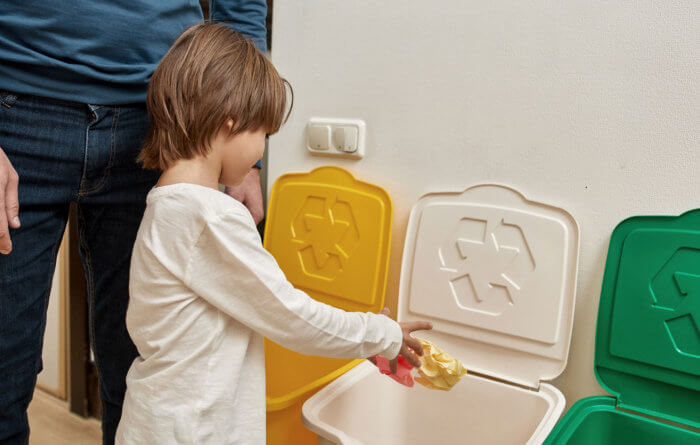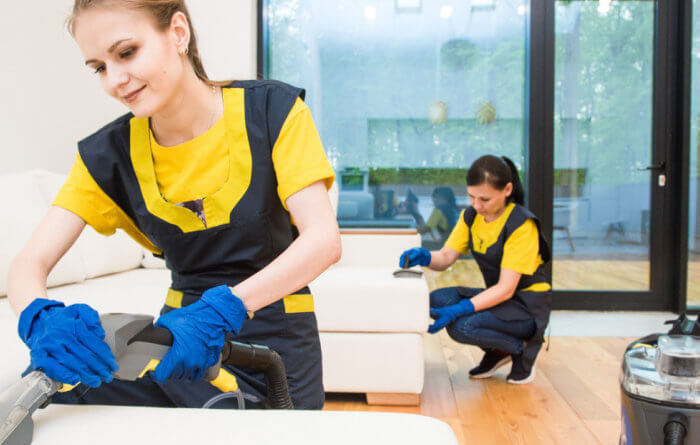Janitors wear gloves for several important reasons, all centered around protection and safety. Chemical Protection - Many cleaning products contain harsh chemicals that can irritate or damage the skin, cause allergic reactions, or pose other health risks upon direct contact. Gloves…
Yes, janitors may be responsible for cleaning blood and other bodily fluids as part of their cleaning duties.
There is no evidence to suggest that janitors get sick more often than workers in other occupations. However, janitors may be at a higher risk of exposure to infectious diseases due to their cleaning and maintenance work in public spaces.
Yes, janitors may be responsible for cleaning windows as part of their cleaning duties.
Yes, janitors typically receive on-the-job training and may also complete vocational training programs or certification courses in cleaning and maintenance tasks.
The highest paying states for janitors in the United States are generally in the Northeast and West Coast regions, including New York, Massachusetts, California, and Hawaii.
A janitor and a housekeeper are similar in that they are responsible for cleaning and maintaining a building or facility, but a housekeeper may focus more on maintaining individual living spaces, while a janitor may focus more on common areas…
Yes, janitors are typically responsible for cleaning and maintaining bathrooms in a building or facility.
A janitor at a hospital is typically referred to as a "housekeeper" or "environmental services worker". In a hospital setting, the role of a housekeeper or environmental services worker goes beyond typical janitorial tasks such as cleaning and maintaining the…
Alternative job titles that can be used instead of "janitor" depending on the context and level of formality. Here are a few examples: Custodian: This is a more formal term often used to describe someone responsible for the maintenance and…









